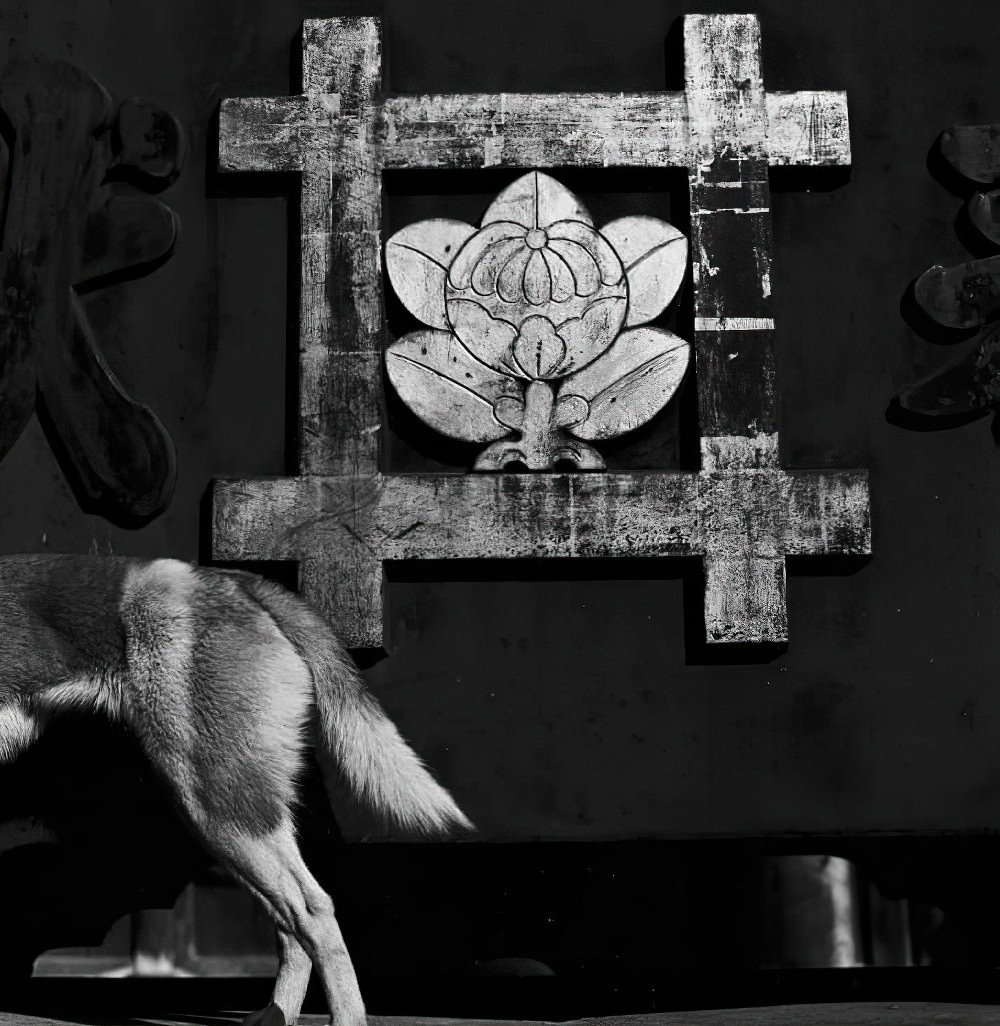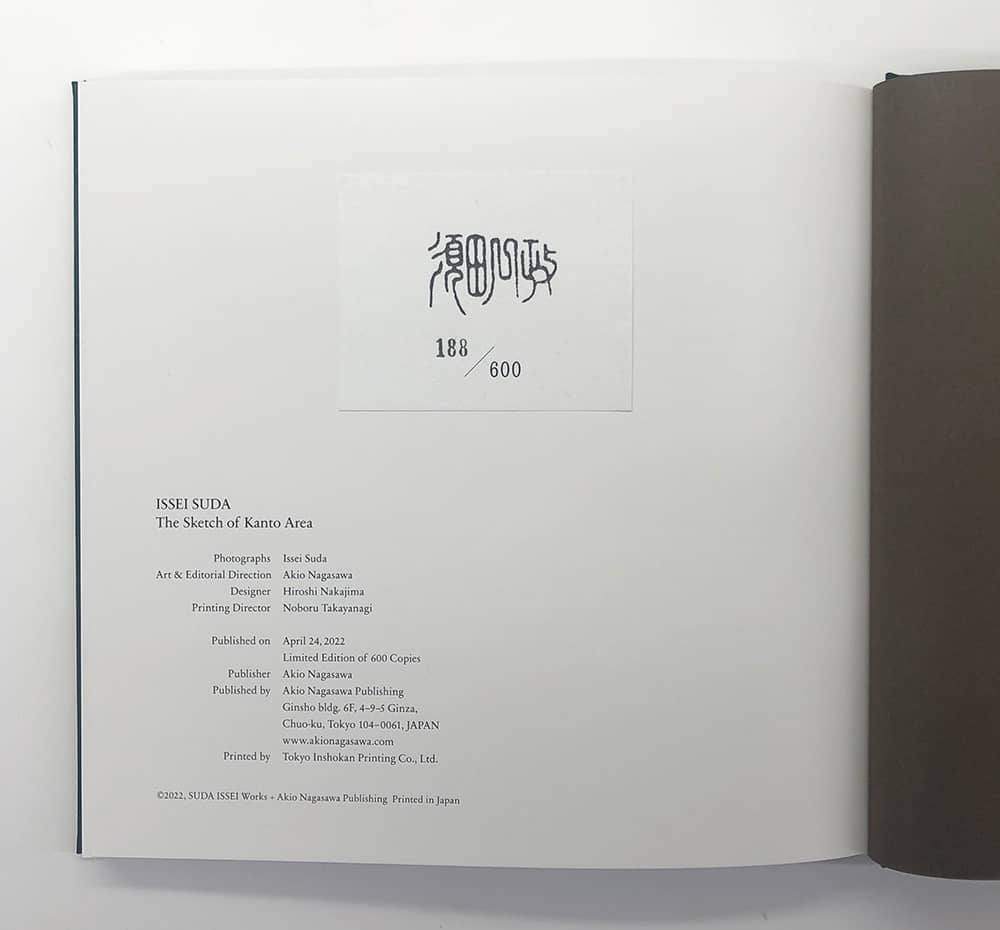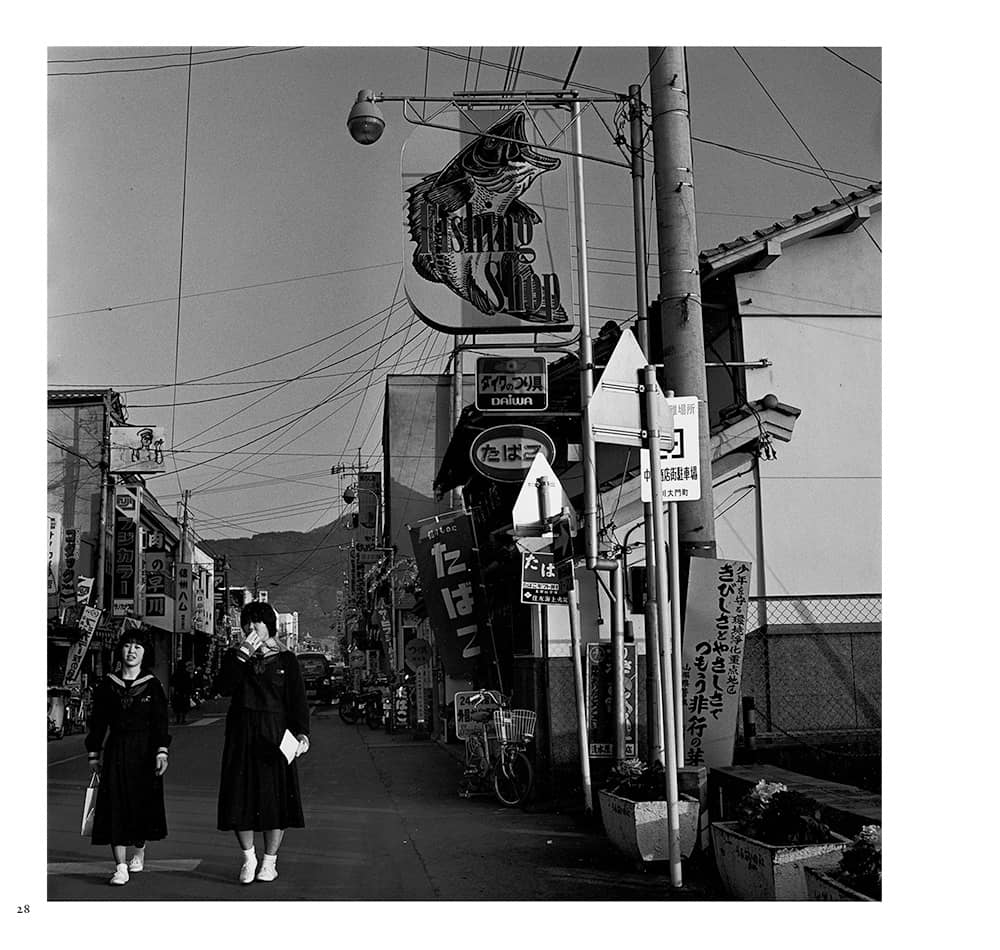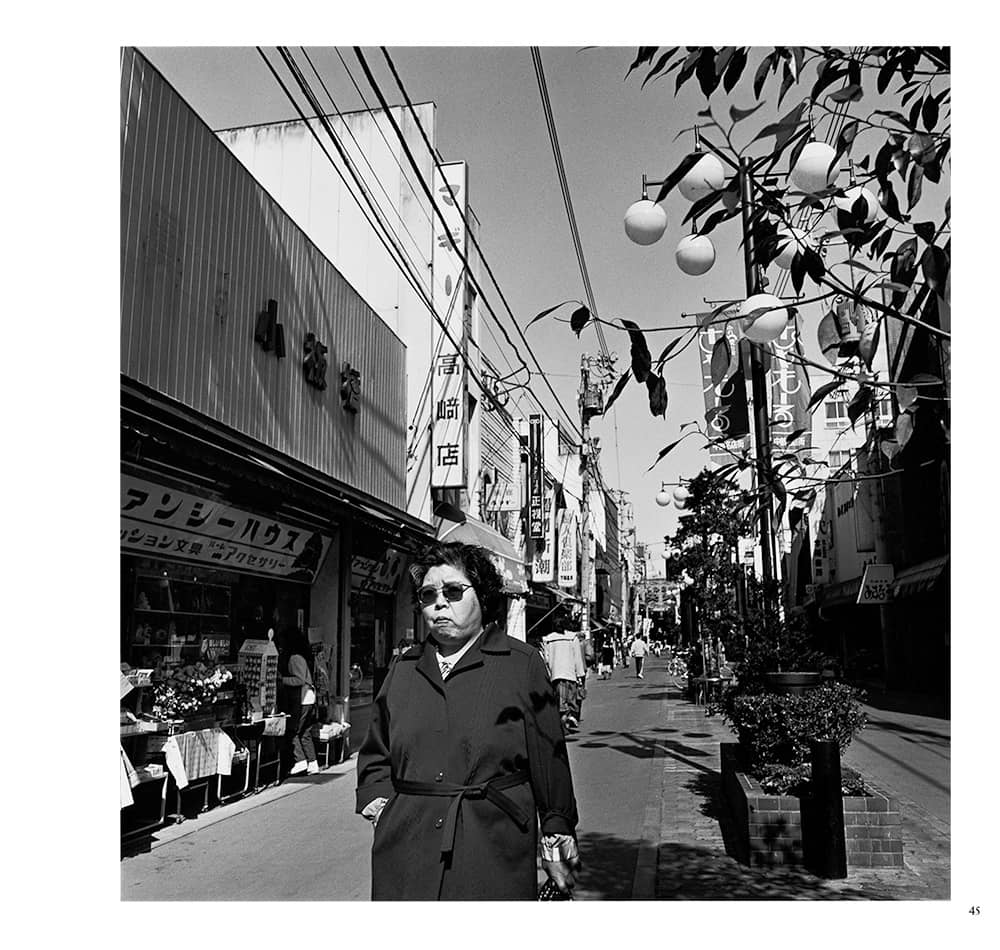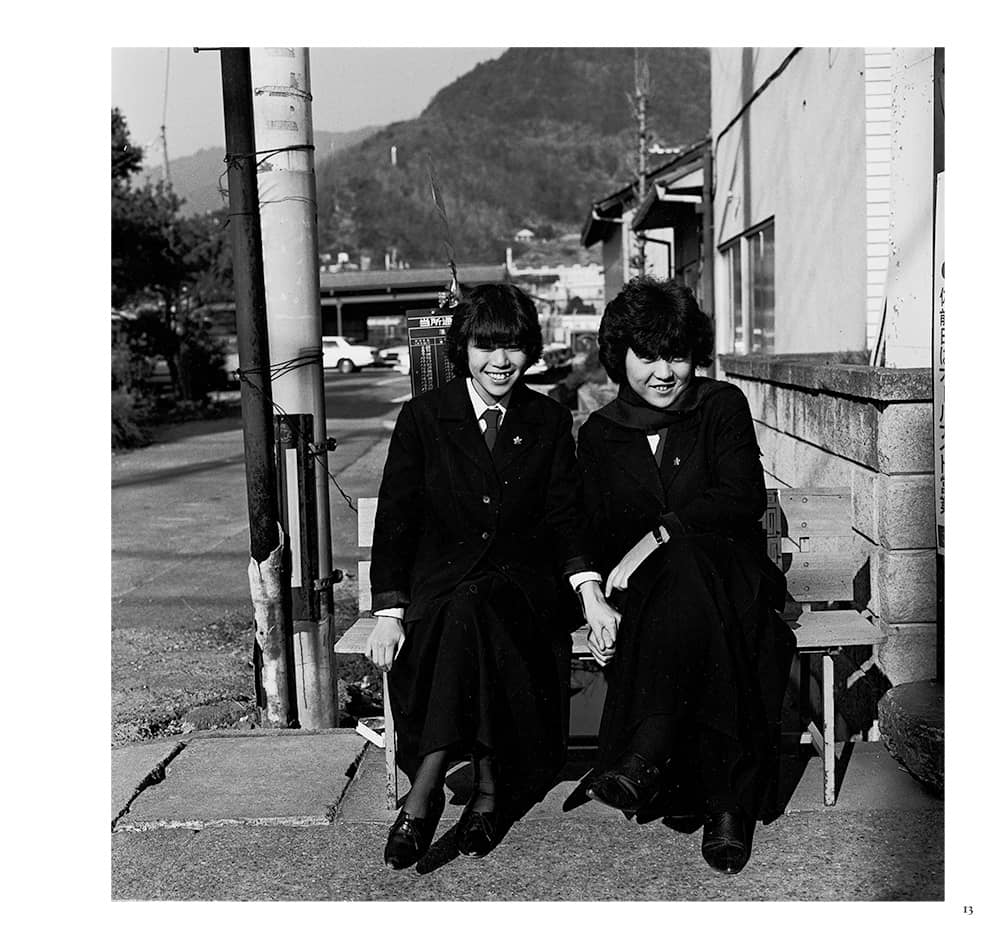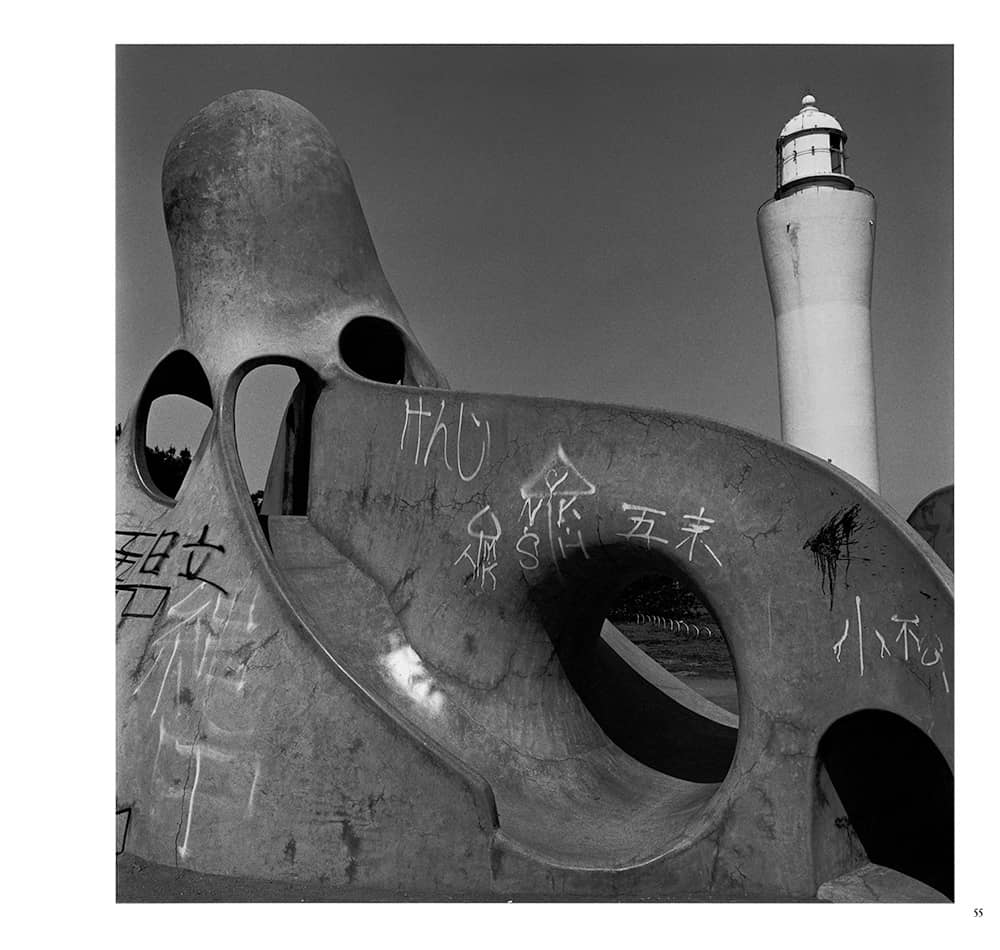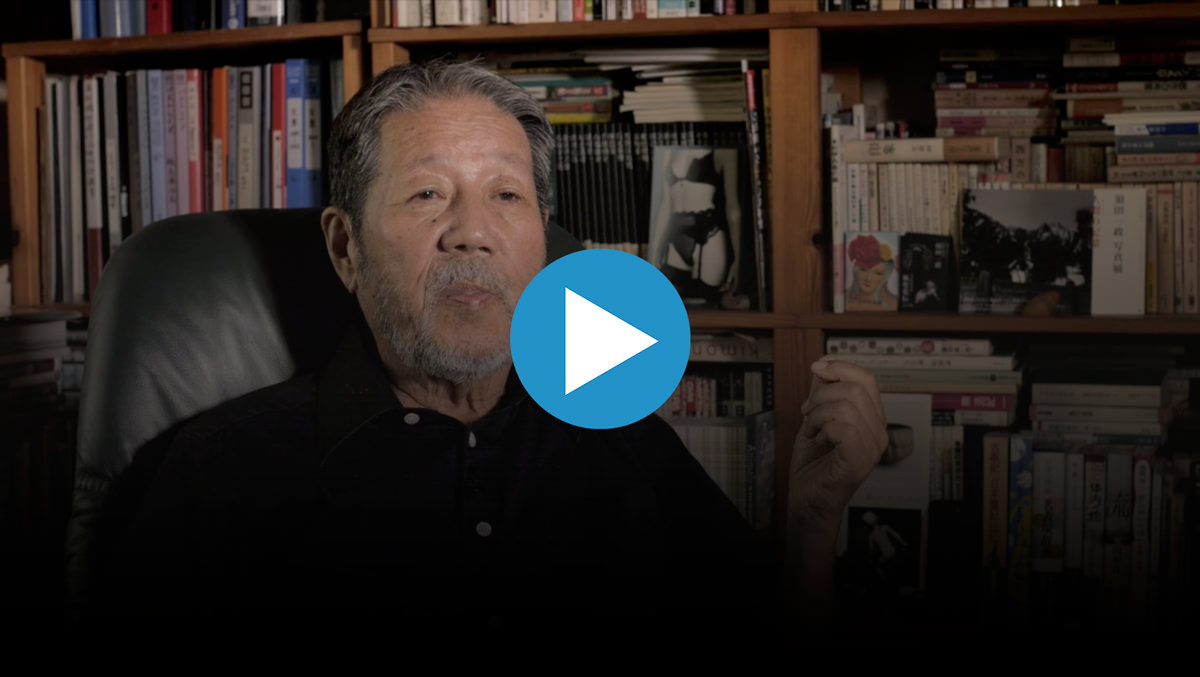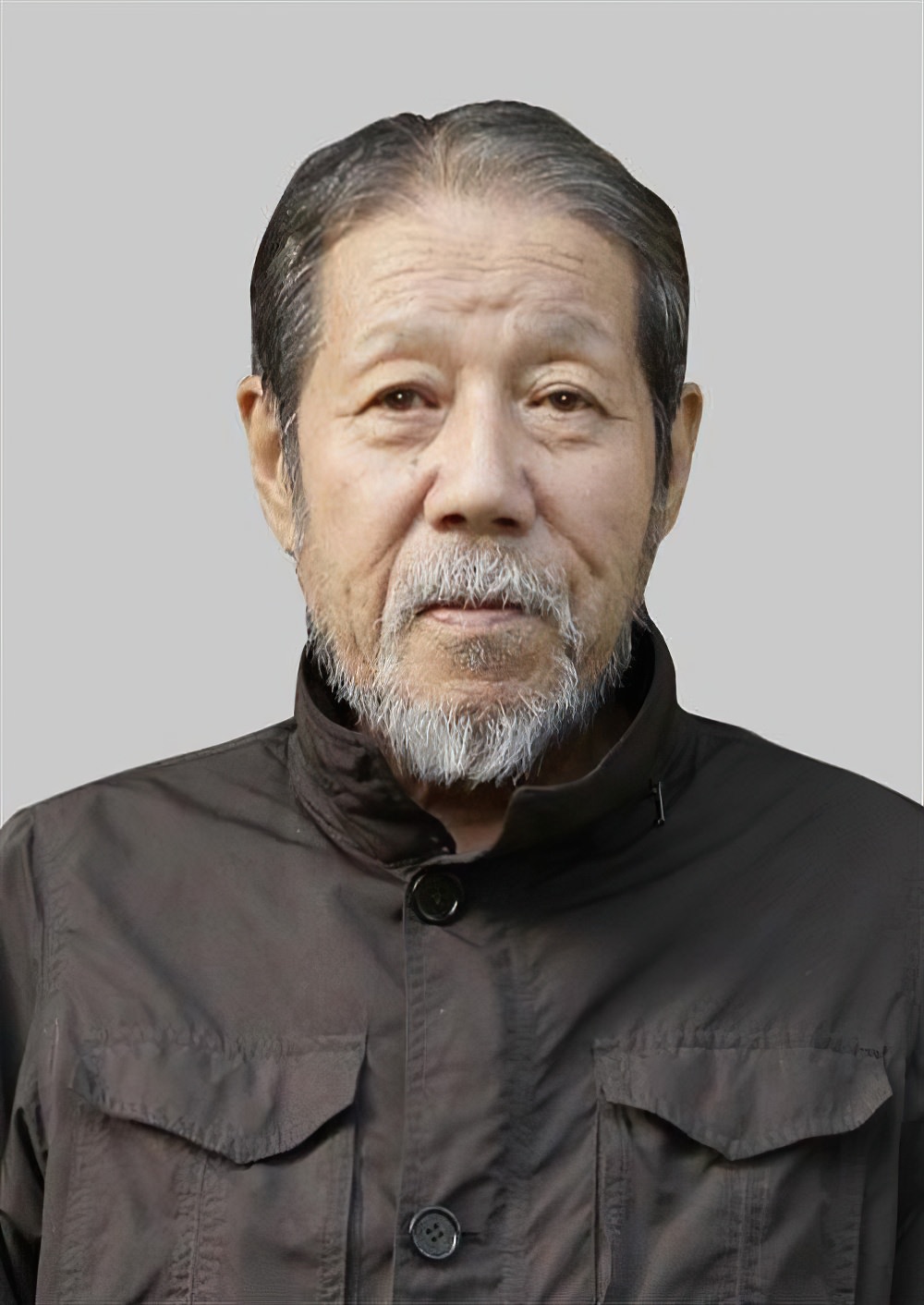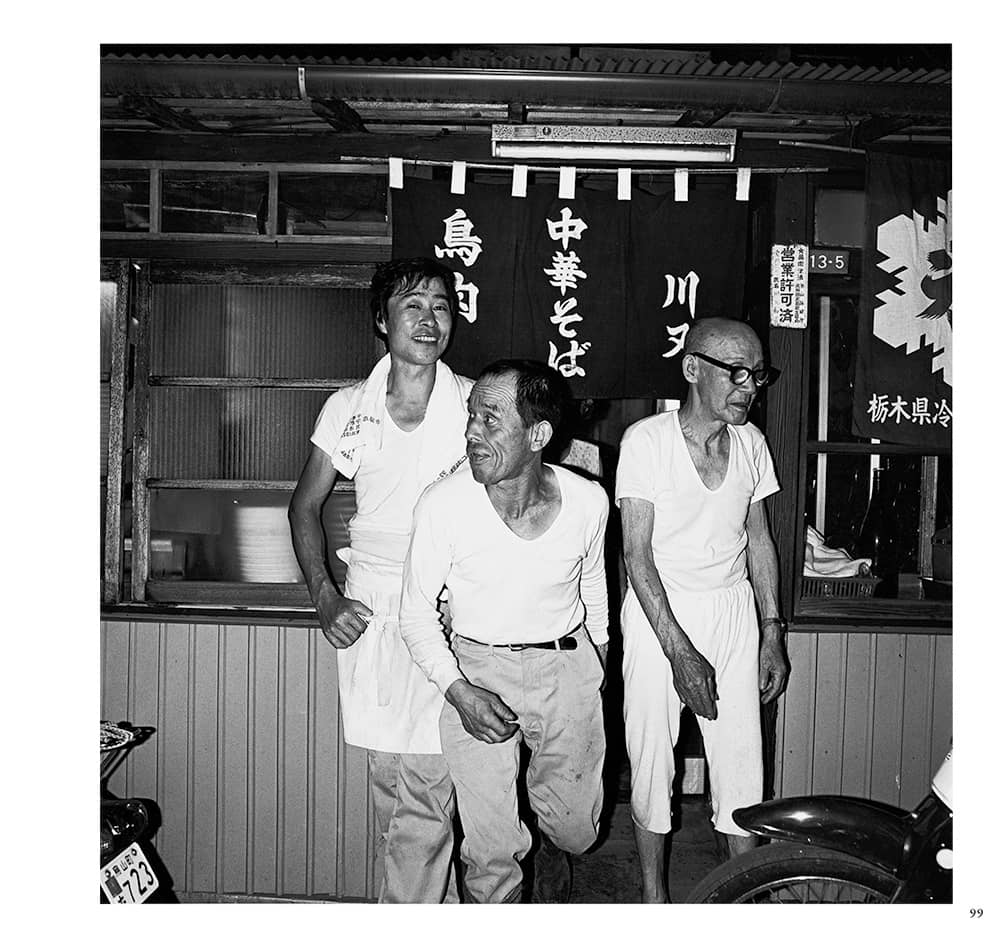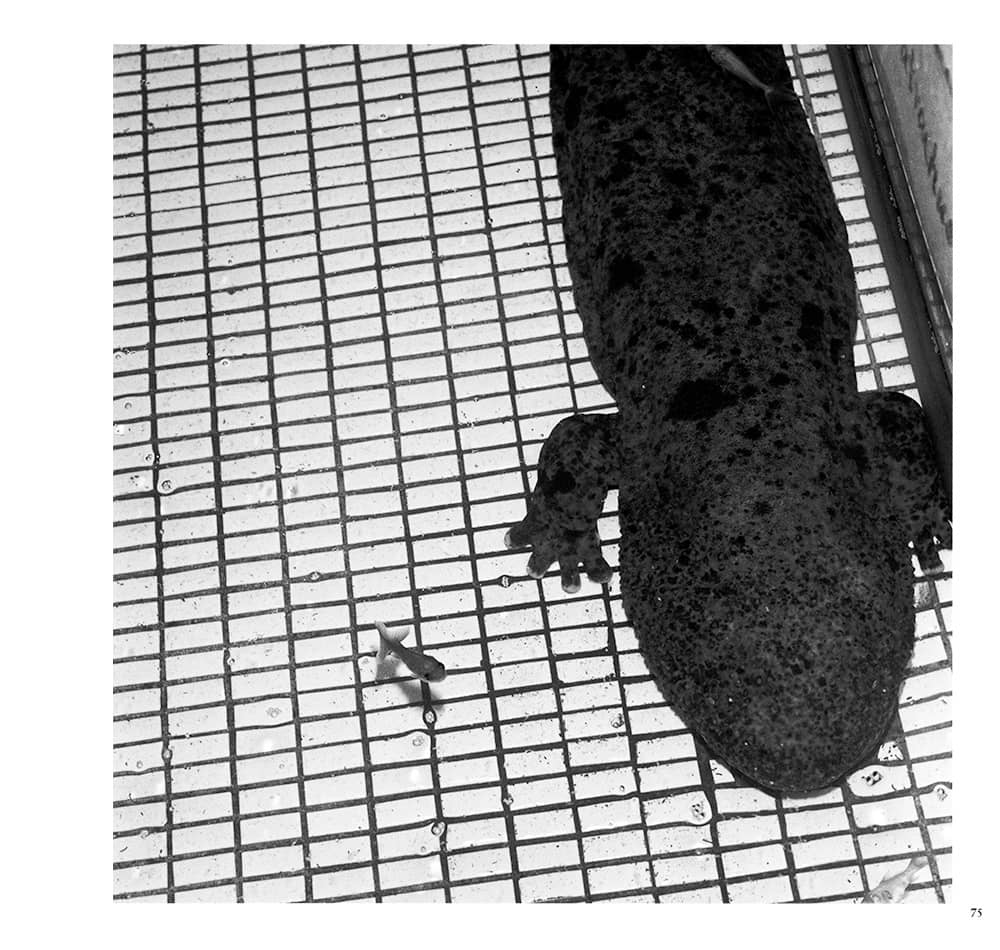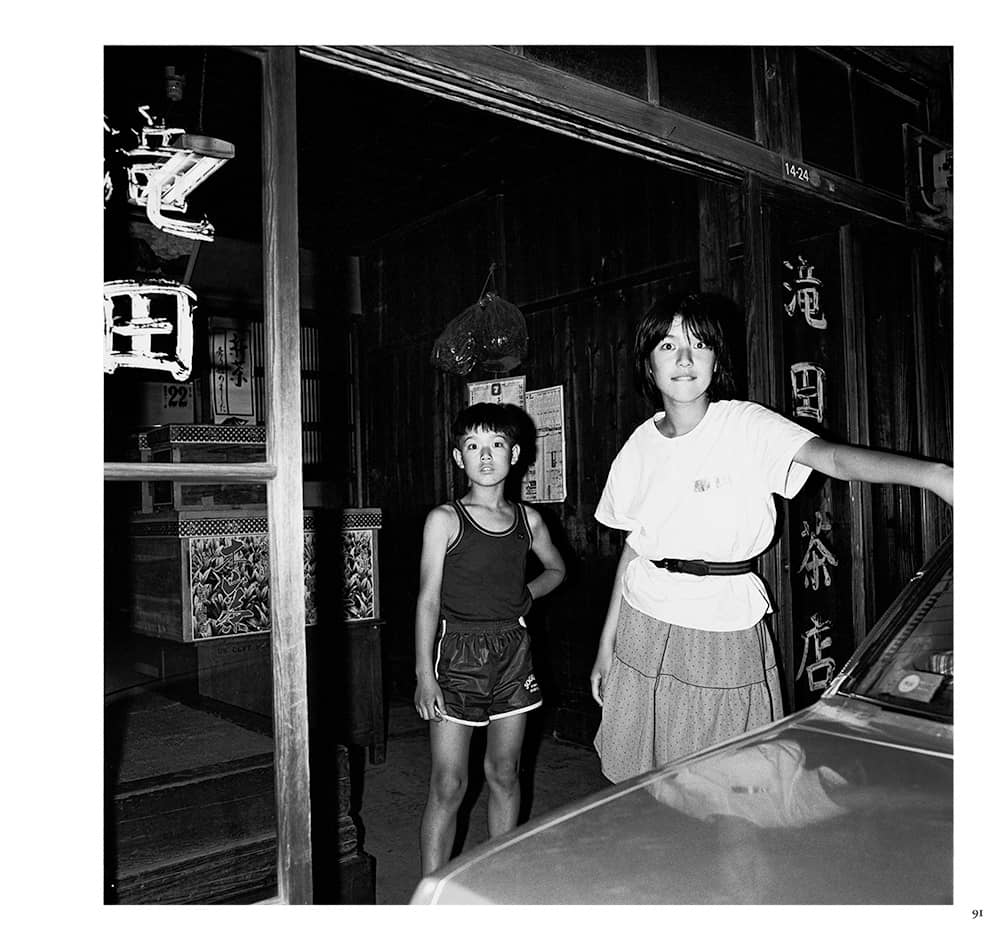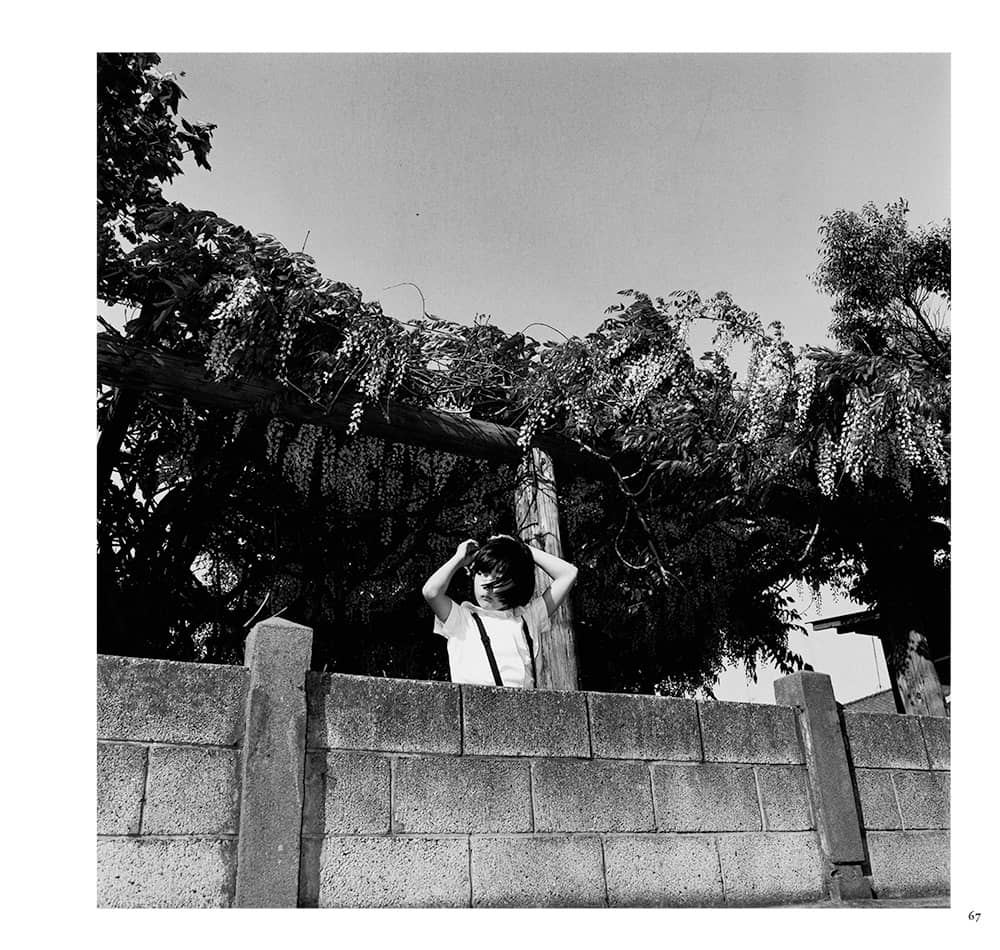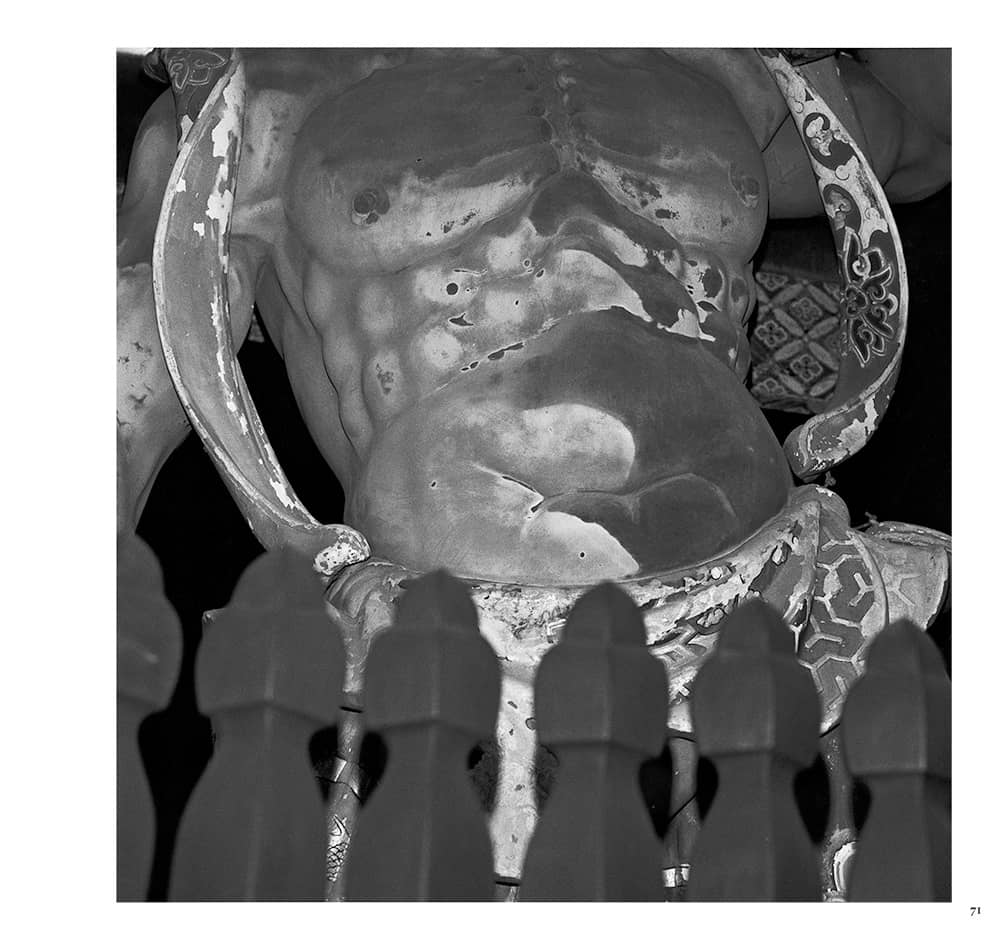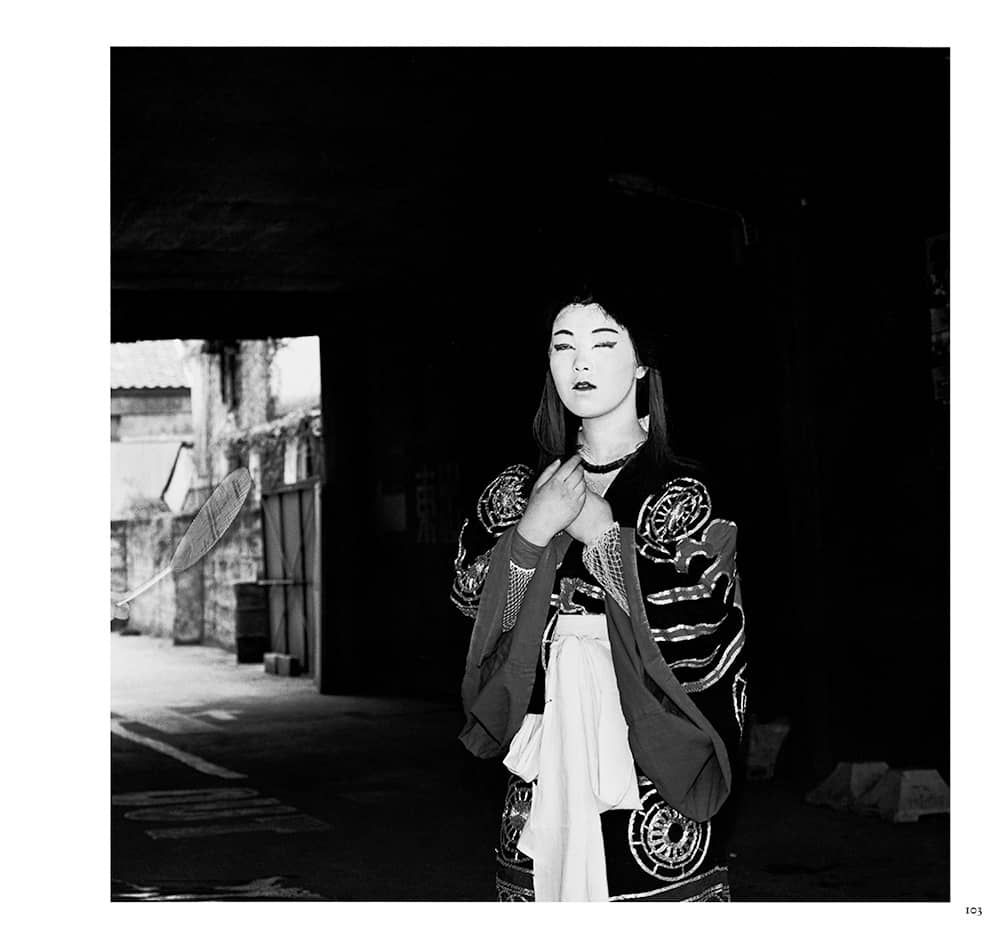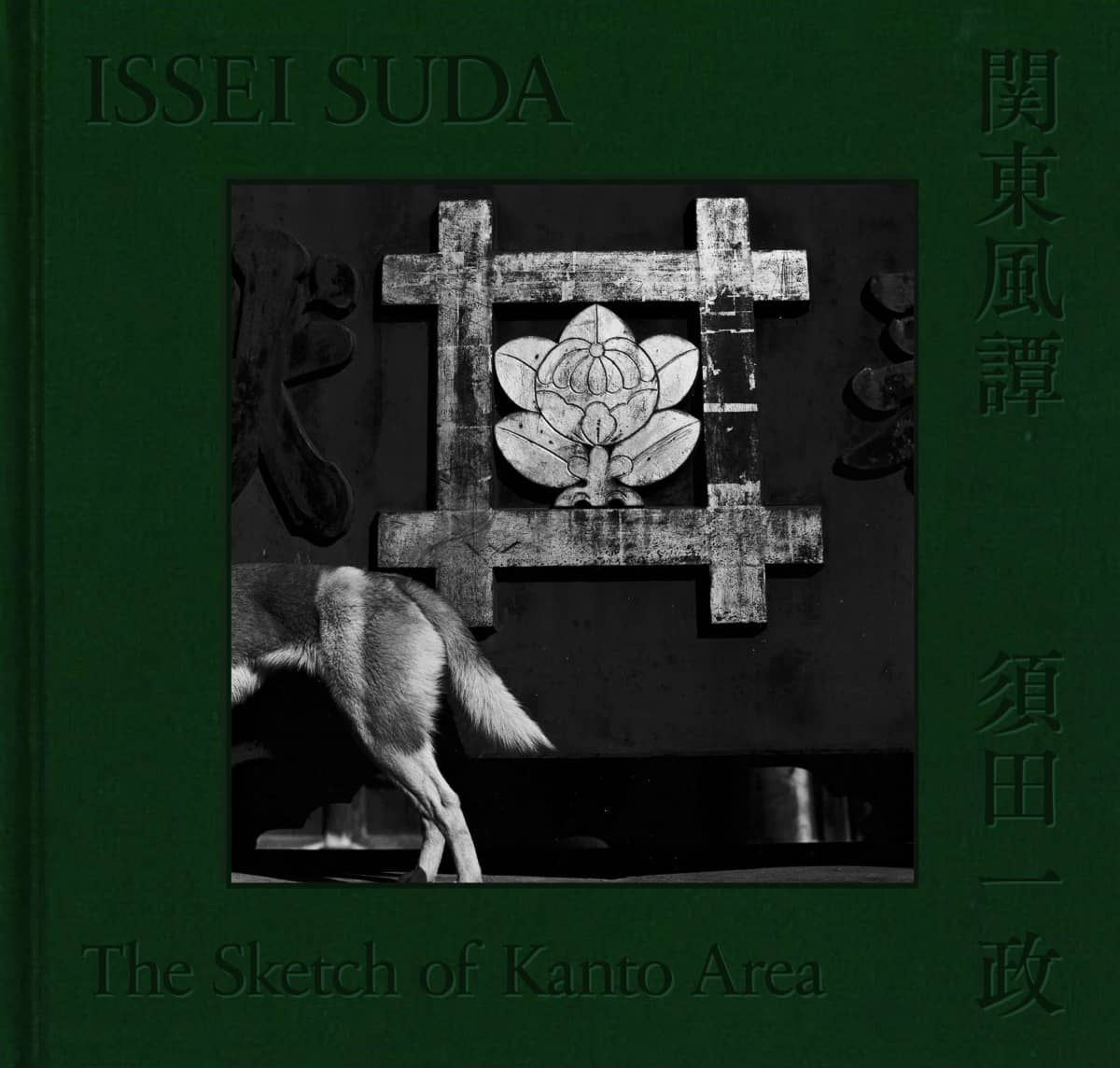Issei Suda: The Sketch of Kanto Area
“There are things I have lost amidst the growing abundance, and things I have forgotten while living in the city. Instead of stars that I used to see in the sky, the night is filled with stars of neon that glitter suspiciously like beckoning light traps. From down in the valleys between buildings, the looming peaks of black concrete form sceneries that almost feel sublime to me.
Here I am, drinking High Sour and spluttering arguments in the middle of a downtown street, trying to forget the pain when my heart feels empty, and dreaming of Madonna, as I take my “Tokyo chika chika syndrome” with just a little sigh. And I’m going to laugh at things again tomorrow. That’s not because I feel lonely or amused though, but I will only hear myself muttering, “What a great city Tokyo is!”
Nonetheless, there is always a crazy idea or two flying around, and they will surely come to my mind and lift me up, eventually…” -Issei Suda, from “Asahi Camera”, May 1983 issue.
The Sketch of Kanto Area is the new book by Issei Suda published by Akio Nagasawa.
About the Author
Born 1940 in Tokyo. Graduated from the Tokyo College of Photography in 1962. Was hired as house photographer for Shuji Terayama’s experimental theater troupe Tenjo Sajiki in ’67, before commencing his work as a freelance photographer in ‘71.
A Newcomer’s Award from the Photographic Society of Japan for Fushi Kaden catapulted him into the limelight in 1976. He further received the Photographic Society of Japan’s Annual Award for the exhibition of the “Monogusa Syui” series in 1983, followed in ’85 by the 1st Domestic Photography Award at Higashikawa for “Nichijo no danpen”. In 1997, his book Human Memory received several awards including the Domon Ken Prize. In 2013, his large-scale retrospective exhibition “Nagi no hira – fragments of calm” was shown at the Tokyo Metropolitan Museum of Photography. His works capturing moments between reality and non-reality have lately earned a high reputation outside Japan. Main photo collections include Fushi Kaden (’78), Waga Tokyo 100 (’79), Akai hana – scarlet bloom (2000), Fushi Kaden (definitive edition, 2012), Anonymous Men and Women (’13) and Rei (’15).

